
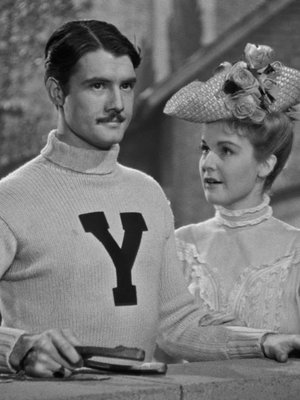
That Whole "Yale Thing"(2025)
A collection of Yale references from more than 200 films going back nearly 100 years.
Movie: That Whole "Yale Thing"

That Whole "Yale Thing"
HomePage
Overview
A collection of Yale references from more than 200 films going back nearly 100 years.
Release Date
2025-04-25
Average
0
Rating:
0.0 startsTagline
Genres
Languages:
EnglishKeywords
Similar Movies
 0.0
0.0The Subtext of a Yale Education(en)
Two years in labor relations at Yale University in New Haven, Connecticut, during the decade of the 1990s.
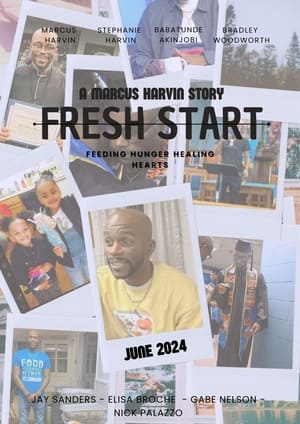 0.0
0.0Fresh Start: A Marcus Harvin Story(en)
“Fresh Start: A Marcus Harvin Story” presents an intimate portrayal of Marcus Harvin’s journey as he transcends his past to make a profound impact on the lives of those around him. The documentary offers a rare glimpse into Marcus’s daily life, capturing his heartfelt mission to share not only food but also compassion through his innovative non-profit organization, Fresh Start. Through candid interviews with key figures in Marcus’s life, including Stephanie Harvin, Babatunde Akinjobi, and Bradley Woodworth, the film illuminates Marcus’s unwavering determination and the vital support system that has helped him achieve his dreams. Viewers are invited to follow Marcus for a day, witnessing his dream project in action—an extraordinary restaurant concept where the only payment required is one’s presence.
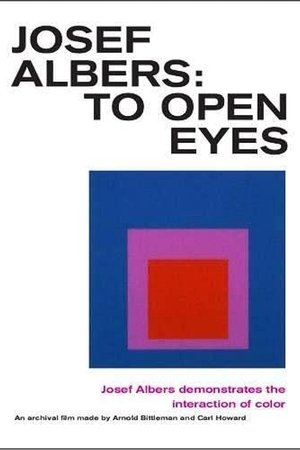 0.0
0.0To Open Eyes(en)
The genesis of To Open Eyes: A Film on Josef Albers developed from Arnold Bittleman's appreciation for Albers while Bittleman was a student at Yale University in the 1960s. Wanting to preserve Albers’s teaching method—learning by doing—Bittleman set out with filmmaker and editor Carl Howard to make a visual record of Albers teaching students how to see and use color as a visual grammar. The film includes archival footage of Josef Albers at home in conversation with Bittleman, as well as footage from Black Mountain College and Yale University.
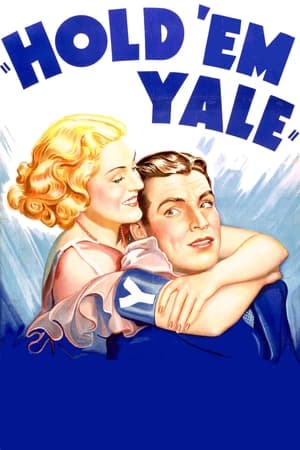 7.0
7.0Hold 'Em Yale(en)
A pretty young socialite falls for a charming but shady hustler, who abandons her when he finds that she has been disowned by her wealthy father. Three of the hustler's partners, who have also been left high and dry by heir former associate, come up with a plan to get her to the annual Yale-Harvard football game to reunite with her former sweetheart, an honest but nerdy bookworm.
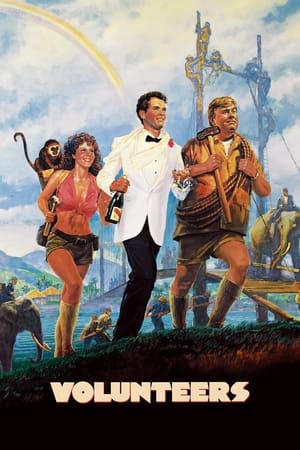 5.5
5.5Volunteers(en)
After his rich father refuses to pay his debt, compulsive gambler Lawrence Bourne III joins the Peace Corps to evade angry creditors. In Thailand, he is assigned to build a bridge for the local villagers with the help of American-As-Apple-Pie WSU Grad Tom Tuttle and the beautiful and down-to earth Beth Wexler. What they don't realize is that the bridge is coveted by the U.S. Army, a local Communist force, and a powerful drug lord. Together with the help of At Toon, the only English speaking native, they must fight off the three opposing forces and find out what is right for the villagers, as well as themselves.
 0.0
0.0The Moth and the Flame(en)
A bride who discovers during her wedding ceremony that her husband-to-be has fathered a child out of wedlock with another woman.
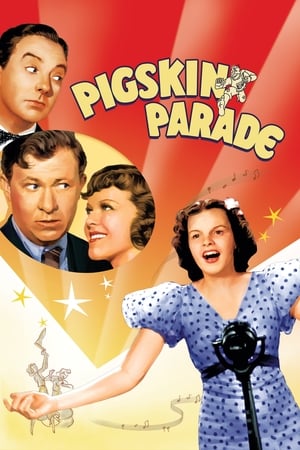 6.1
6.1Pigskin Parade(en)
Bessie and Winston "Slug" Winters are married coaches whose mission is to whip their college football team into shape. Just in time, they discover a hillbilly farmhand and his sister. The hillbilly farmhand's ability to throw melons enables him to become their star passing ace.
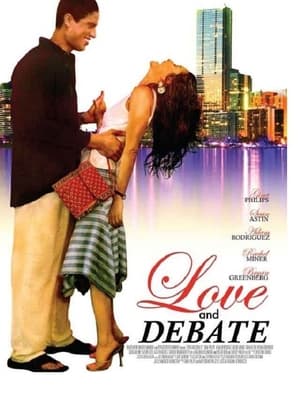 3.7
3.7Love and Debate(en)
A girl goes to Harvard and joins the debate team. She has to deal with a ton of issues, from boyfriends, to ethnicity, to religion, to sexual assault.
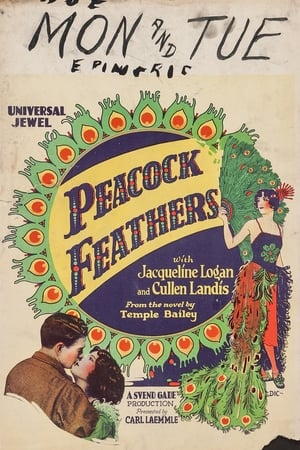 0.0
0.0Peacock Feathers(en)
Jerry Chandler falls for the lovely Mimi Le Brun and she with him. He proposes marriage but Mimi wants money and security which he cannot provide so she becomes engaged to a wealthy man whom she does not love. When Jerry’s uncle dies leaving him a ranch and what is said to be a castle Mimi changes her tune and the pair elope. Disillusionment comes though when they see the shack that was called a castle, but Mimi accepts the situation until the rejected wealthy man appears on the scene. Conflicts arise until an accident befalls Jerry and Mimi realizes her true feelings.
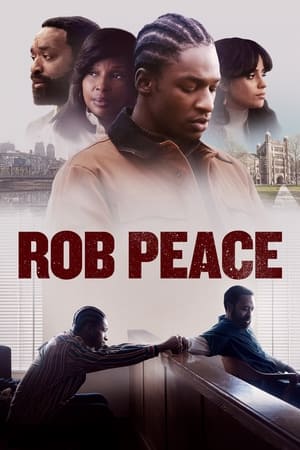 6.8
6.8Rob Peace(en)
An underprivileged, gifted young black man from Newark reaches Yale University, only for shadows and injustices from his past to threaten his future.
 6.7
6.7Hillbilly Elegy(en)
An urgent phone call pulls a Yale Law student back to his Ohio hometown, where he reflects on three generations of family history and his own future.
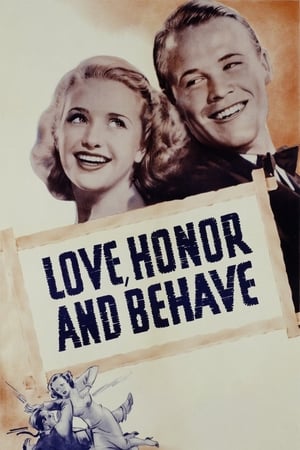 3.5
3.5Love, Honor and Behave(en)
Comedy about a weak husband, afraid to say "no" to his new wife, who realizes he must assert himself to save his marriage.
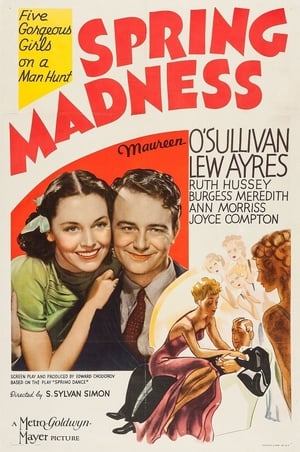 3.9
3.9Spring Madness(en)
Harvard senior Sam Thatcher and his best friend and roommate, known as "The Lippencott", plan to go to Russia after graduation, a decision Sam has kept from his girlfriend, Alexandra Benson.
 6.9
6.9Olympia: Part One – Festival of the Nations(de)
Commissioned to make a propaganda film about the 1936 Olympic Games in Germany, director Leni Riefenstahl created a celebration of the human form. This first half of her two-part film opens with a renowned introduction that compares modern Olympians to classical Greek heroes, then goes on to provide thrilling in-the-moment coverage of some of the games' most celebrated moments, including African-American athlete Jesse Owens winning a then-unprecedented four gold medals.
 6.7
6.7Olympia: Part Two – Festival of Beauty(de)
Commissioned to make a propaganda film about the 1936 Olympic Games in Germany, director Leni Riefenstahl created a celebration of the human form. Where the two-part epic's first half, Festival of the Nations, focused on the international aspects of the 1936 Olympic Games held in Berlin, part two, The Festival of Beauty, concentrates on individual athletes such as equestrians, gymnasts, and swimmers, climaxing with American Glenn Morris' performance in the decathalon and the games' majestic closing ceremonies.
 6.7
6.7Workers Leaving the Lumière Factory(fr)
Working men and women leave through the main gate of the Lumière factory in Lyon, France. Filmed on 22 March 1895, it is often referred to as the first real motion picture ever made, although Louis Le Prince's 1888 Roundhay Garden Scene pre-dated it by seven years. Three separate versions of this film exist, which differ from one another in numerous ways. The first version features a carriage drawn by one horse, while in the second version the carriage is drawn by two horses, and there is no carriage at all in the third version. The clothing style is also different between the three versions, demonstrating the different seasons in which each was filmed. This film was made in the 35 mm format with an aspect ratio of 1.33:1, and at a speed of 16 frames per second. At that rate, the 17 meters of film length provided a duration of 46 seconds, holding a total of 800 frames.
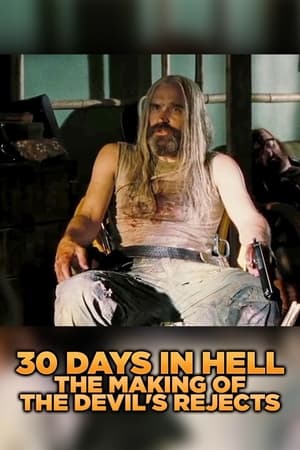 6.0
6.030 Days in Hell: The Making of 'The Devil's Rejects'(en)
An exhaustive, detailed documentary on the 30-day film shoot of "The Devil's Rejects"
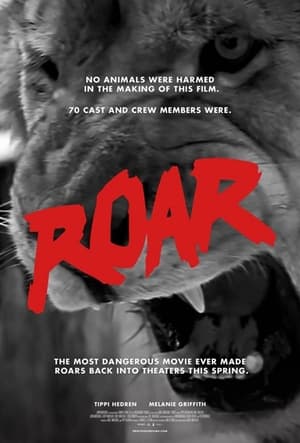 0.0
0.0The Making of Roar(en)
A production of Roar (1981) had special demands on both cast and crew. Learn about this incredible film and about the amazing people who made ROAR possible.
 0.0
0.0How to Win Eurovision(en)
Greg James and Russell Kane present a look at all the ingredients needed to become a Eurovision winner, celebrating the UK's successes and also its hall of shame.
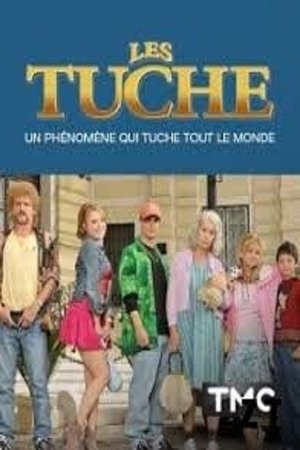 7.2
7.2Les Tuche : un phénomène qui tuche tout le monde(fr)
The phenomenon took everyone by surprise. In the span of three years, despite the mixed reception from the press upon its release in 2011, the Tuche family, a group of eccentric unemployed individuals, found a place in the hearts of the audience. With over eight million viewers during the television broadcast of the first installment and 4.6 million box office admissions for the second part, it became the biggest French success of 2016. The Tuche family has become a phenomenon. Word of mouth gave the film a second life beyond theaters, turning this tribe into the most popular family in French cinema.